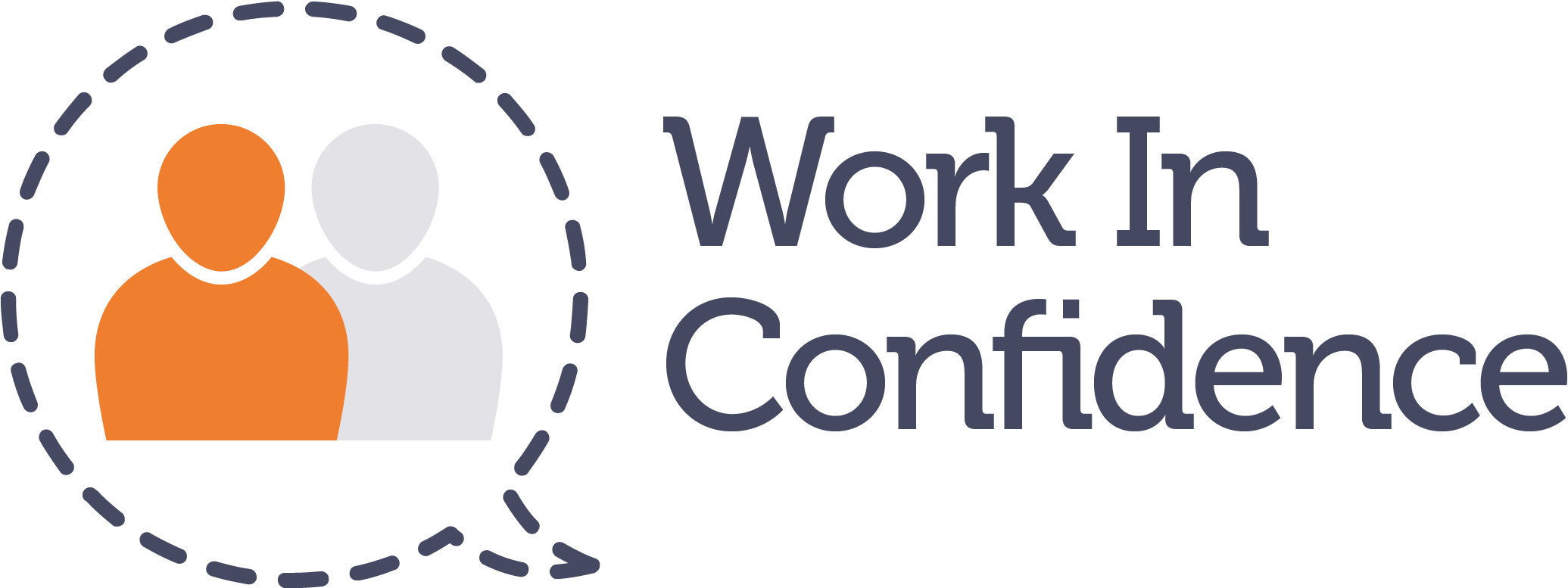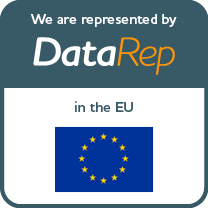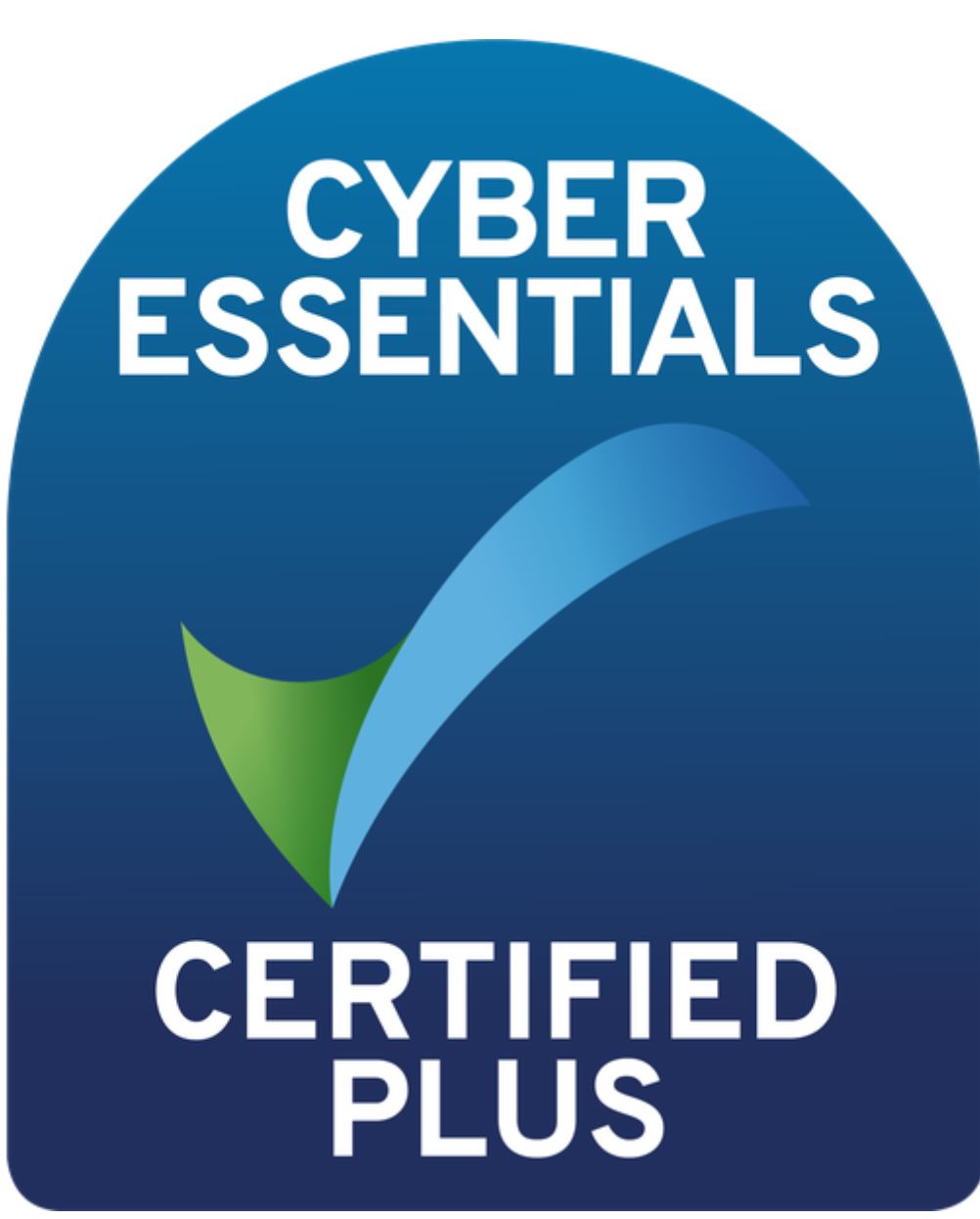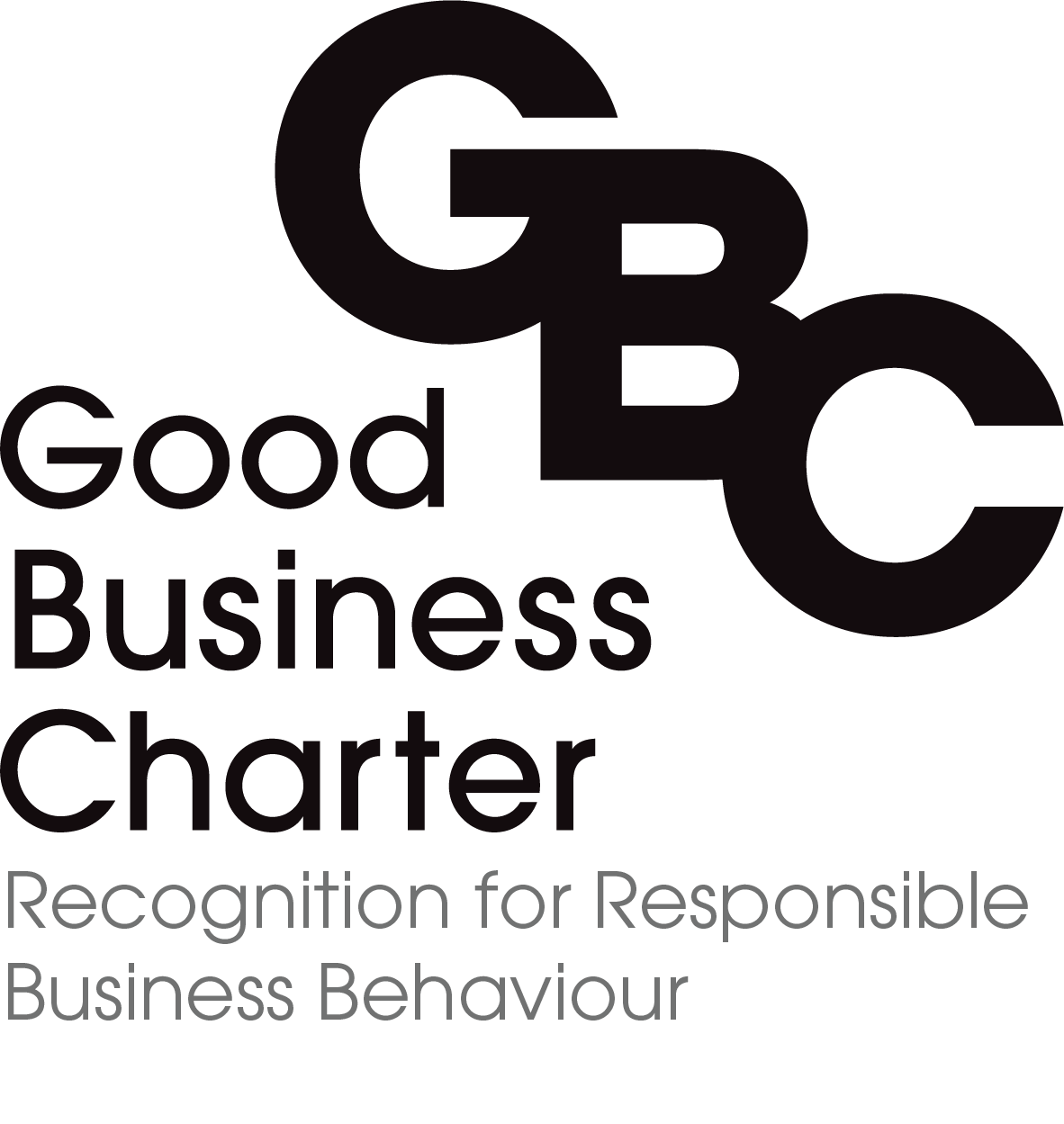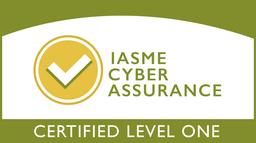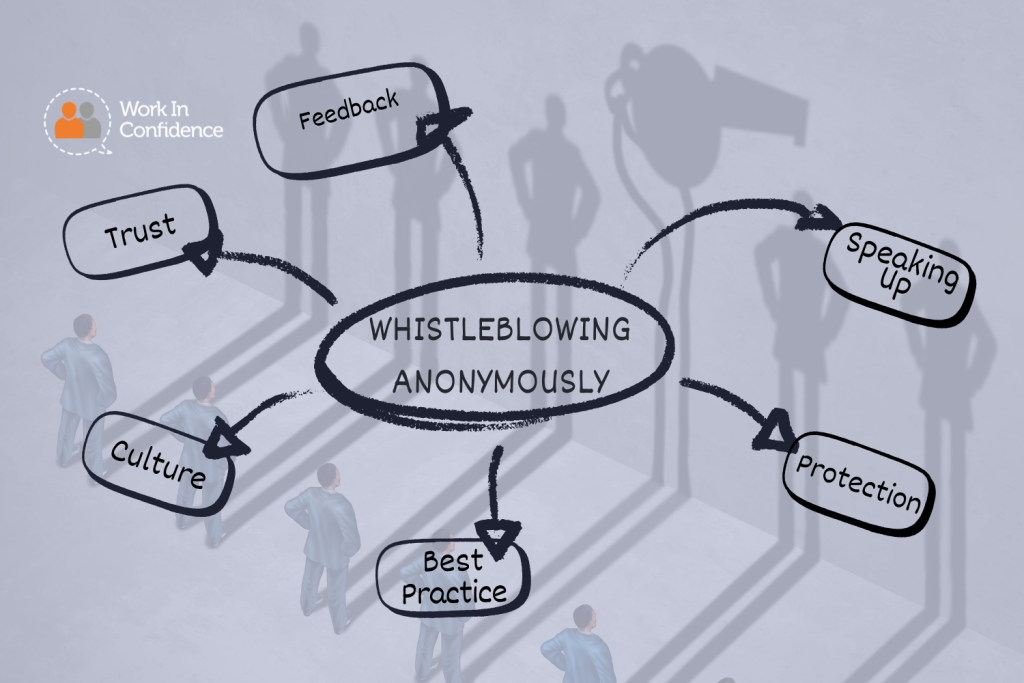
Whistleblowing has a bad name
All too often whistleblowing is seen in a negative light.
According to www.gov.uk/whistleblowing
“You’re a whistleblower if you’re a worker and you report certain types of wrongdoing. This will usually be something you’ve seen at work – though not always”.
Then it begins to become slightly confusing:
“The wrongdoing you disclose must be in the public interest. This means it must affect others, for example the general public”.
Both of the above are unfortunate, firstly that it is often seen in a negative light and secondly, that it can be confusing.
Whistleblowing is good for your organisation
Let’s be direct; whistleblowing is very good for your organisation. It will help ensure you:
- Reduce unacceptable or unethical behaviour
- Reduce fraud and corruption
- Reduce the risk of legal prosecution
- Enhances safety
- Opportunity to improve ESG ratings
Given that it can help with all the above, it also has less direct, but equally important benefits:
- Lowers your risk of reputational damage
- Makes your organisation a better place to work
- Enhances your reputation as an employer of choice
- Often increases retention, engagement and ease of recruitment
Protection of whistleblowers
Without the proper protection, whistleblowers can face personal, professional and legal attacks for speaking up – including being marginalised, demotion or even dismissed. This can at times place a huge burden on whistleblowers, even harming their mental or physical wellbeing.
These potential consequences can often, not surprisingly, deter people from coming forward if the risks of reporting seem too great, or if they fear they won’t be taken seriously.
Building trust in your reporting systems
Organisations need to work hard to build trust in any reporting system. Protection of whistleblowers needs to be effective if you are to create a culture where speaking up is encouraged and celebrated rather than rebuked and feared.
- Making the process safe
- Making the process clear
- Making sure they act (promptly) where appropriate
- Being as transparent as possible
- By sharing learnings and lessons learned, improvements being made (where appropriate).
How WorkInConfidence can help
WorkInConfidence help hundreds of organisations through anonymous speak up, a two-way, encrypted reporting platform. Users are always anonymous unless they choose to reveal their identity. Cases are easily managed in HR Case Management where real-time reporting and visual dashboards give an overview of any underlying issues. Employee Engagement Surveys can be easily accessed, from pulse surveys to full engagement surveys created from built in templates or customised to your organisational needs.
For more information on our key features, benefits and security of our Anonymous Speak Up, download this guide.
For more information on our key features, benefits and security of our HR Case Management Software, download this guide.
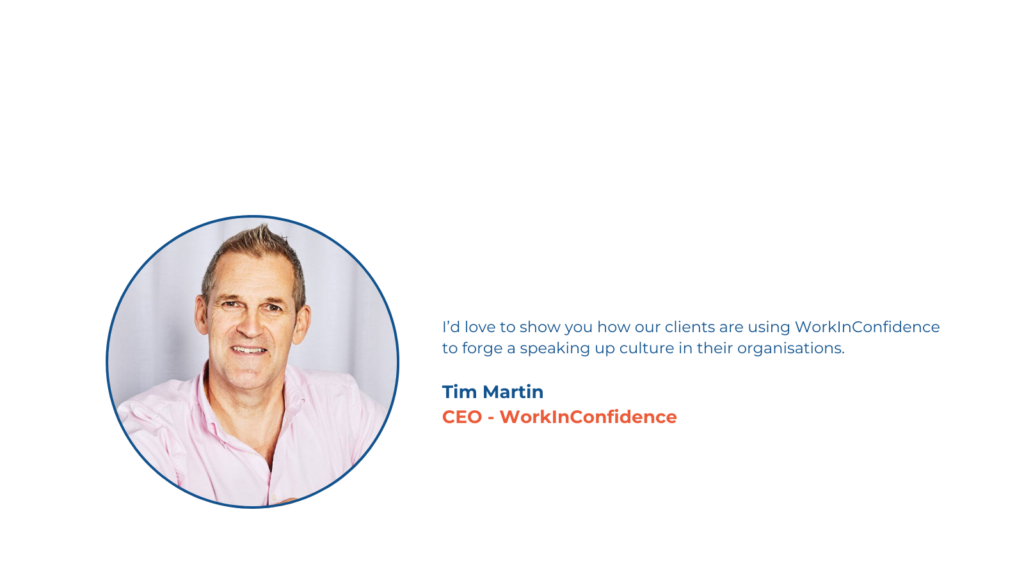
Some of our client testimonials
“Raising concerns anonymously has helped more people feel confident in coming forward, that they are being listened to and, that something will happen. It’s been a great way to introduce people to speaking up and helping the Trust improve their preventative initiatives. Trying to help people to do the right thing, to report it and how to report it is so important.
The most important thing for us is to get people speaking up and the two-way anonymous reporting channel provides this extra level of security for our staff to come forward”. – Liz Bessant, Freedom to Speak Up Guardian, Avon & Wiltshire Mental Health Partnership NHS Trust and South West Regional Guardian.
“Simply providing an anonymous platform encouraged feedback allowing leadership to understand our people’s daily challenges, and best of all, we could track, address and respond to them. Allowing anyone to have a voice has helped us establish ourselves as an outstanding firm to work with” – Erin Green, Travers Smith LLP
“WorkInConfidence has provided platforms that have enabled staff to speak up and speak out, while we have the opportunity now to listen and engage with purpose. In the first six months, we have had more interactions on the platforms than we had in the first two years on the previous solution” – Gareth Evans, Betsi Cadwaladr University Health Board
